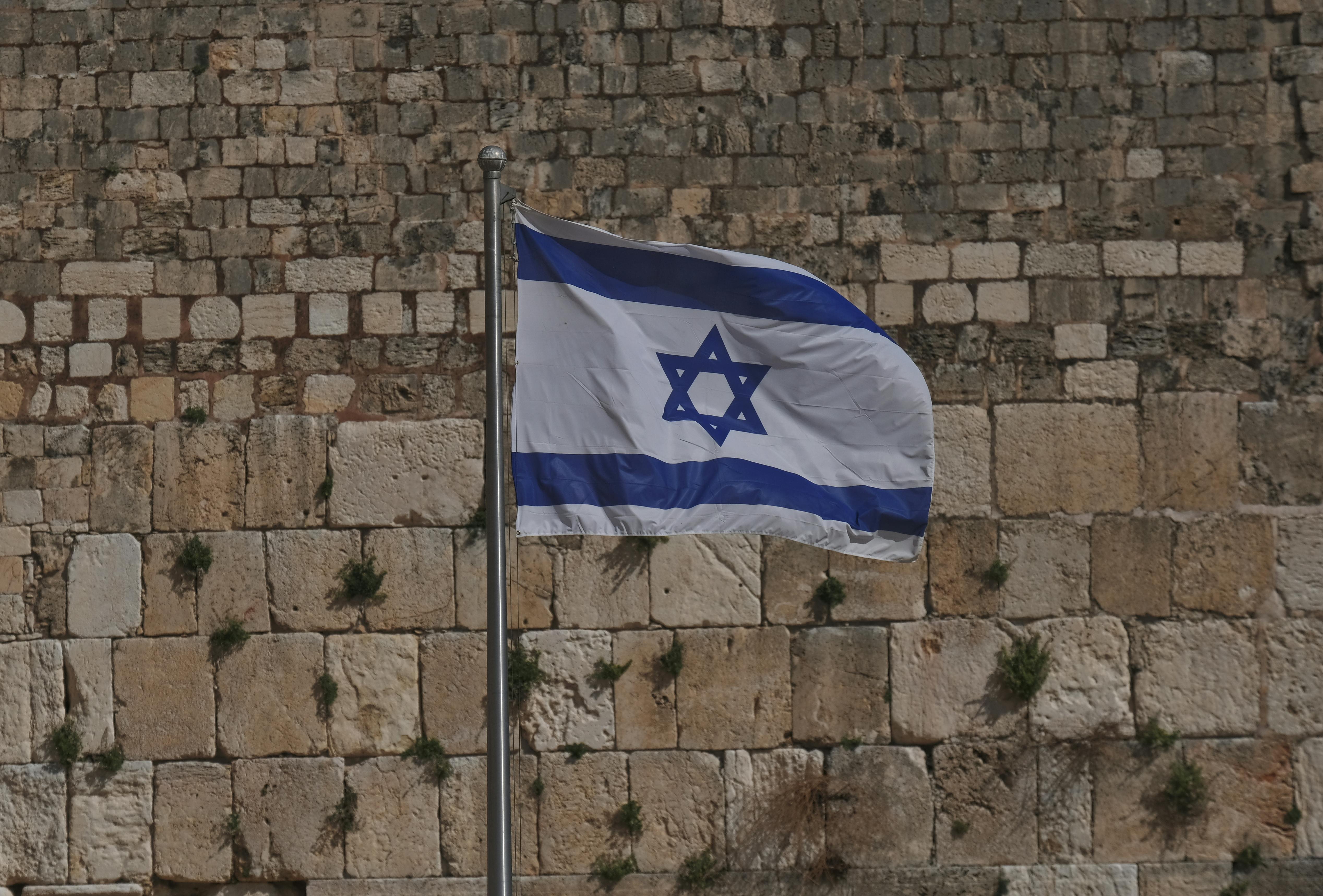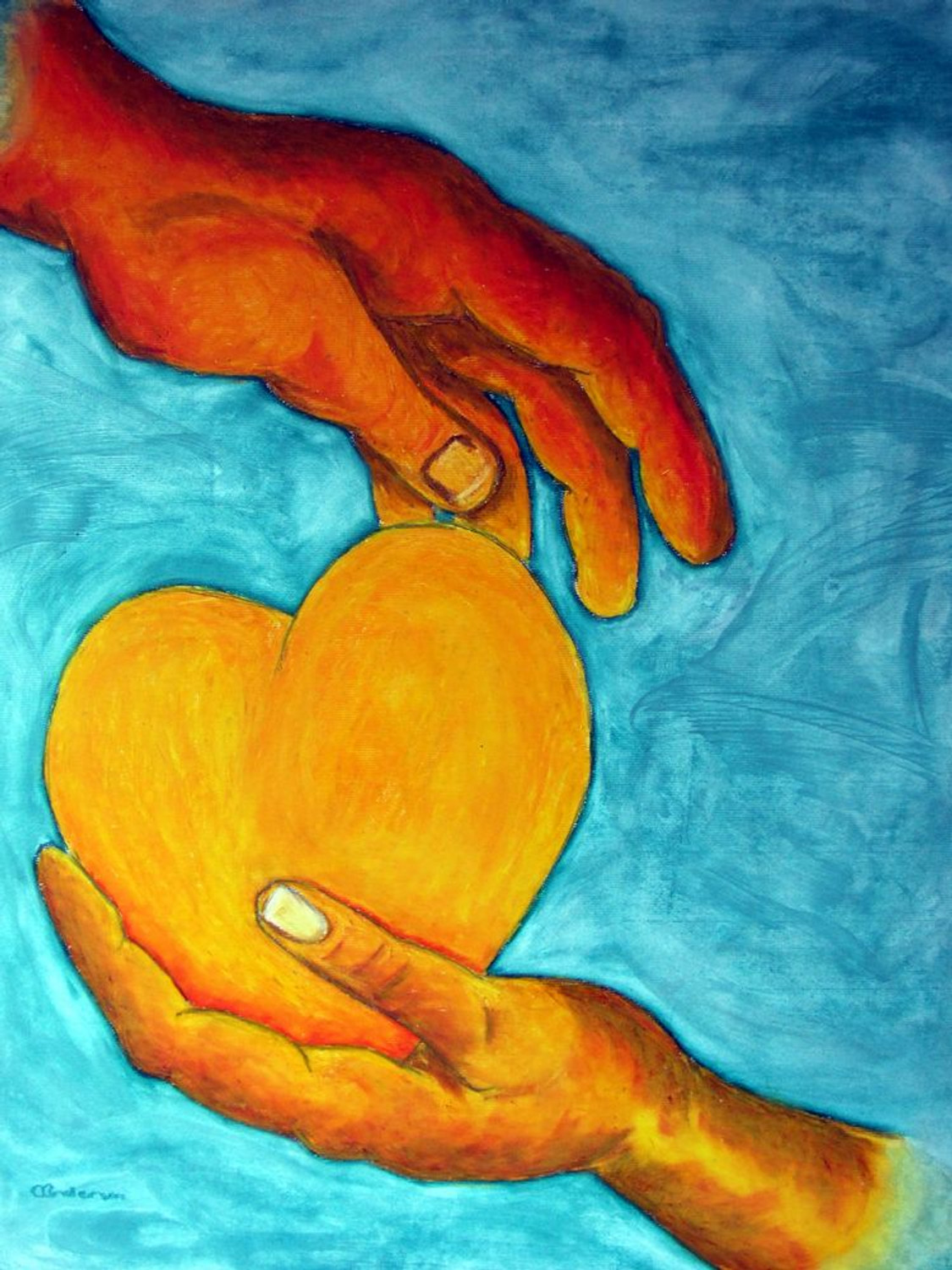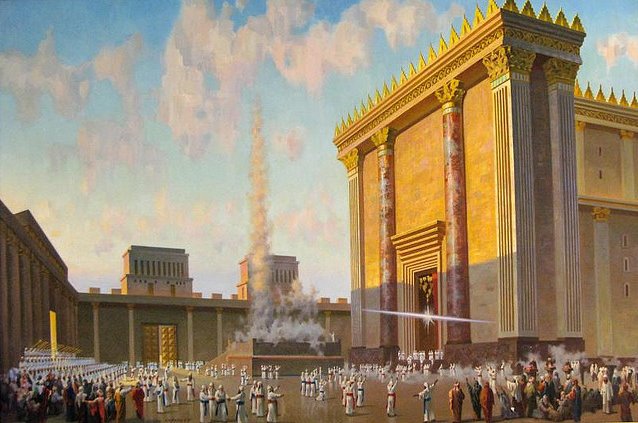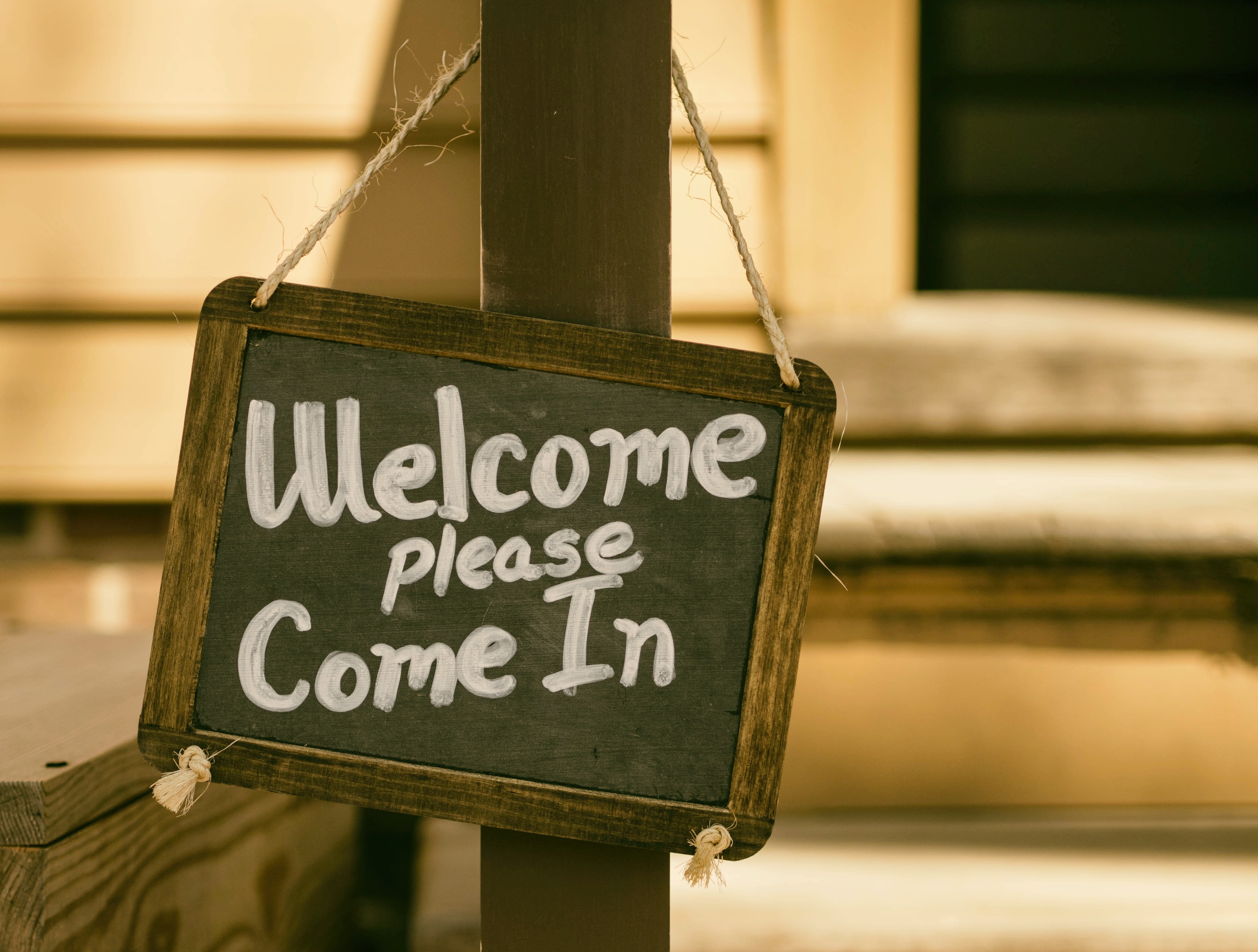August 3, 2025|ט' אב ה' אלפים תשפ"ה Devarim 5785 - Taking Responsibility for Each Other
Print ArticleWe have become accustomed to hearing quite often during this time of year, that the first בית המקדש was destroyed because עם ישראל was involved in the three cardinal sins - immoral relationships, murder, and idolatry. And the second בית המקדש was destroyed because of שנאת חנם. During the times of the second בית המקדש there was an explosion of Torah learning, people were extremely careful to keep הלכה carefully. But there was שנאת חנם.
And we often translate that phrase, שנאת חנם, as baseless hatred. But that definition has never rung true to me. Because usually if we hate someone there is some reason.
So, I want to share with you an understanding of שנאת חנם I never heard before but like very much, from Rabbi Shmuel Silber, a wonderful rav in Baltimore. He notes that if we want to know what שנאת חנם means, we have to find other examples of the usage of this word in תנך. And in fact, we find one in ספר במדבר. When עם ישראל are complaining to משה about the lousy conditions in the desert, they tell him the following:
"We can still remember the fish we ate in Egypt חנם!"
It would seem that in this context the word חנם should mean free. But, of course, that's impossible. רש"י notes that Pharaoh wouldn't even give the Jews straw with which to build bricks! Is it possible that he gave them salmon for free!
Rather, what do עם ישראל mean when they say they remember eating fish חנם? Explains רש"י:
They were free from מצוות.
What does this mean?
Yesterday, I was running around preparing for Shabbos and Tisha B'Av. It was a grey morning, and I was picking up bagels, and everyone was a little down and a little frantic. And as I was driving home, I noticed a man waiting at a bus stop to head into New York City. And I thought to myself for a second, I don't know this person, but I imagine he's heading to the city for work, and when 5 or 6pm rolls around, this guy will have two full days to do whatever he wants. He doesn't have to worry about getting ready for Shabbos, certainly not Tisha B'Av right after! He's ממש free!
Of course, I then reflected that ברוך השם I have the special זכות to have a life so infused with meaning, and I don't want a life that free. But when I saw this idea, I couldn't help but think, this is what Am Yisrael meant!
We remember what it was like before you came into our life משה. Yes, we had to work hard at work, but besides that we were free of responsibilities! We were free of expectations!
They weren't complaining that they used to receive fish for free! They were complaining that since leaving Egypt their whole lives had changed. They had shifted from a people with minimal responsibilities and expectations, to a life full of both!
The משנה in the 2nd פרק of פרקי אבות teaches:
Rabbi Tarfon would say: The day is short, and there is a lot of work to do, and the workers are lazy, the reward is great, and the boss is demanding!
And, of course, Rabbi Tarfon's message is a משל, a parable for life as a Jew: Life is short, and there is so much to accomplish, it is the natural state of a human being to be lazy. By definition, matter remains in place unless it is acted upon. And human beings are made of matter. And so, the great mission of the human being is to decide to act upon ourselves, to accomplish in this world.
And the משנה concludes, that when we do so, when we decide to get to work, there is a lot of reward waiting for us – not only in עולם הבא, but the rewarding life we experience. And, says Rabbi Tarfon, the בעל הבית, הקדוש ברוך הוא is דוחק, He has expectations of us!
And with this understanding of חנם, that חנם doesn't mean baseless, or even Free, but rather freedom from responsibility, now we can have a very different understanding of what חז"ל are telling us with the regard to Tisha B'Av.
Because שנאת חנם doesn't mean baseless hatred, it means a hatred for which I take no responsibility.
When there are two parties involved in a fight, in a dispute, when at least one of the parties says, "that's not my problem!" then there is no pathway to a resolution. שנאת חנם comes when we judge other Jews, we criticize other Jews, and we disparage other Jews, without any sense of responsibility for our words. Without considering the damage that is done when we speak, type, or post about each other.
And if you'll ask, so great, I'll pay attention, I'll take responsibility, but that's not going to fix כלל ישראל! My small step in the right direction isn't going to make a difference! I'll note that Rabbi Tarfon says something else as well. In the very next משנה, we learn:
Rabbi Tarfon used to say: You don't have to finish the work, but nor are you free to not even give it a try.
Even the most accomplished people that ever-lived left projects incomplete. משה רבינו himself took עם ישראל all the way through the desert, and yet he never took them into ארץ ישראל.
Just after telling us how much responsibility, we all have in our lives as Jews, Rabbi Tarfon immediately responds to that little voice inside that says, but if I can't possibly solve the problem all on my own, why even try?
And answers Rabbi Tarfon because our lives are not judged by whether we finish the job. We are judged by our posture, our approach to that sense of responsibility. We're not expected to finish the job, says Rabbi Tarfon, but לא אתה בן חורין ליבטל ממנה, but to say, "it's not my problem! To abdicate oneself of responsibility!? We're not allowed to do that either.
What הקדוש ברוך הוא calls on each of us to do, is to each take upon ourselves that sense of responsibility, to make the care and concern for other Jews my problem. No, I can't control how someone else will respond, but I can control my response, and that is all He asks.
From By Faith Alone, by Elyashiv Reichner, about Rav Yehuda Amital, zt"l.
There is a chapter in the book titled "Eight Princes of Men" (Chapter Seven), which begins on page 89 in the English edition. This chapter is dedicated to the eight students from Yeshivat Har Etzion who were killed in the Yom Kippur War. Rav Amital referred to these students as "eight princes of men," emphasizing both their heroism and the profound impact their loss had on his life and the ethos of the yeshiva.
Rav Amital thought that war should inspire spiritual awakenings and investigation of Jewish identity. He asked the combat soldiers to engage without prejudice in the search for identity. What is our destiny, what is our fate? What are the reasons for our wars? What is the secret of our existence? And what power is hidden in the fact that we are "a people that dwells alone and shall not be counted among the nations" (פרק כג פסוק ט)?
Most of the students who remained in yeshiva during the war were not Israeli and thus not drafted. They were part of a special program for foreign students, which began in 1972, and continues today. One of those students from abroad, Nissan Ziskin, performed the chores of several students who were responsible for various aspects of the yeshiva's functioning, but who had been called up to the front. One day one of the younger students in the group met Ziskin and complained about how the war harmed yeshivas study sessions. "What a lousy year it's been," the student said, "I came here to study, and all of a sudden war breaks out. How can someone learn like this?"
Ziskin boiled with rage, thinking, "This yeshiva lost eight of its students; The Jewish people has lost almost 3000 of its sons, and this boy only cares about his own studies?" Ziskin decided to hold his tongue but approached Rav Amital to tell him what the student had said.
Rav Amital convened the foreign students for a talk and told them, "I want you to know that this year you will learn very little in the way of the Talmudic debates of Abaya and Rava as you planned. However here you will learn one thing that you will never truly find in the גמרא or the שלחן ערוך – the value of the people of Israel." The value of a Jew who takes responsibility for another Jew. The value of a people who care for each other!
It's true. It's been 2,000 years, and the task of uniting עם ישראל, of caring for each other for real, seems still so far away. But what if every one of us would at least try. What if each one of us said, "It's my responsibility to improve the way I look at, talk about, speak to my family, my friends, and to those Jews who are not my family and friends? What would happen if instead of saying "not my problem" the issue of אהבת ישראל became my problem?
Rabbi Tarfon reminds us that הקדוש ברוך הוא is not asking us to solve it all. He's asking us to make it our responsibility. He's just asking us to try.




